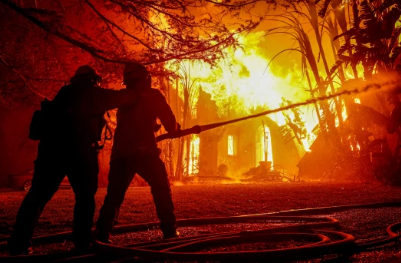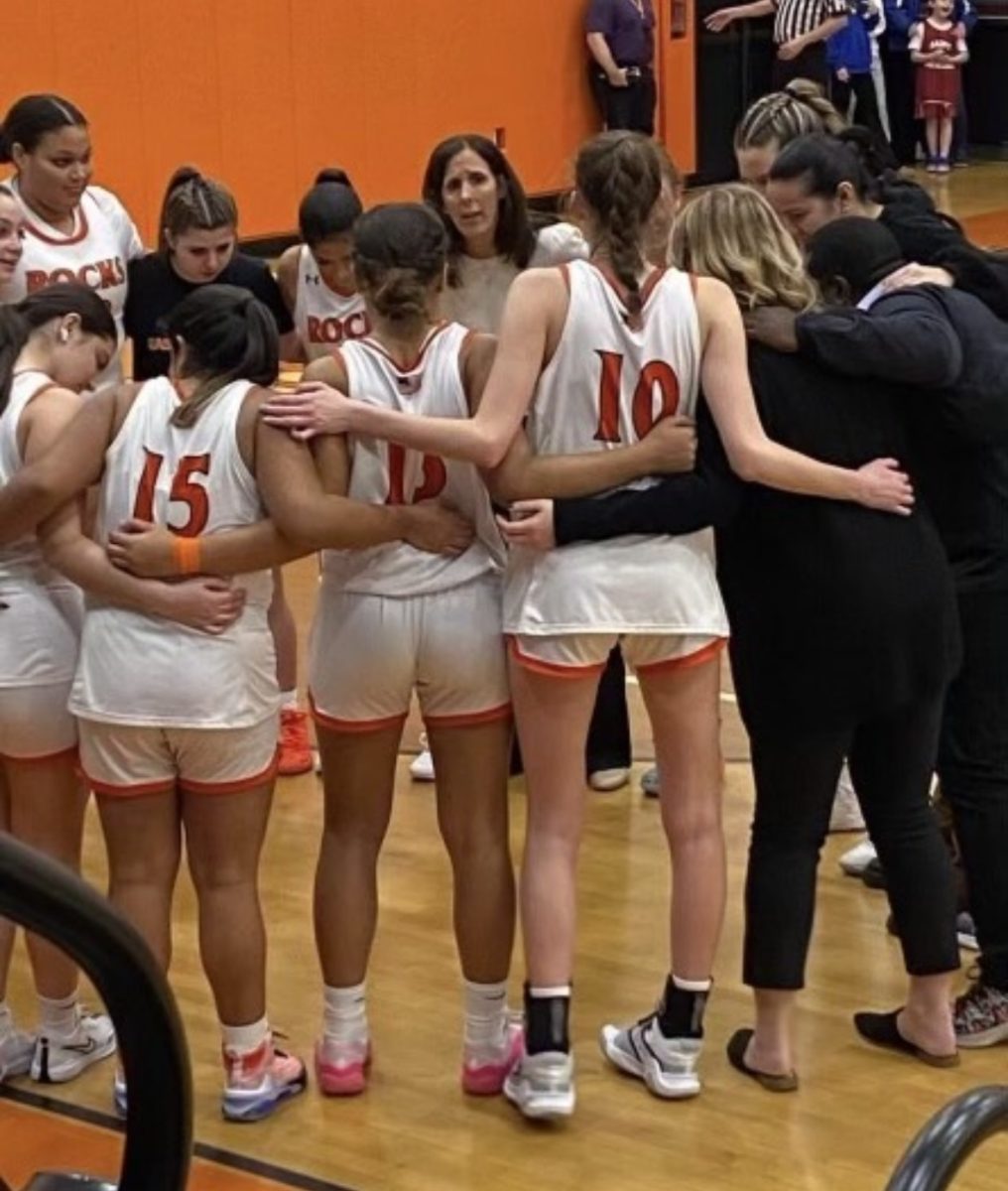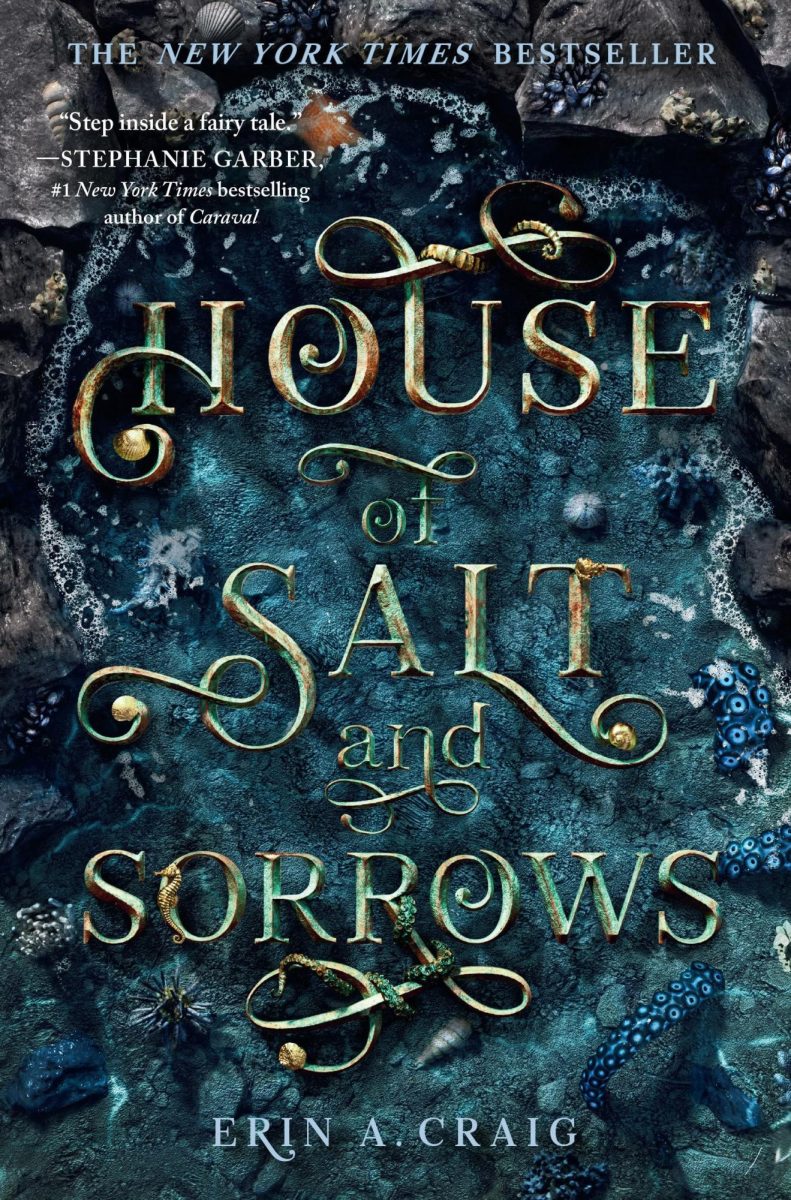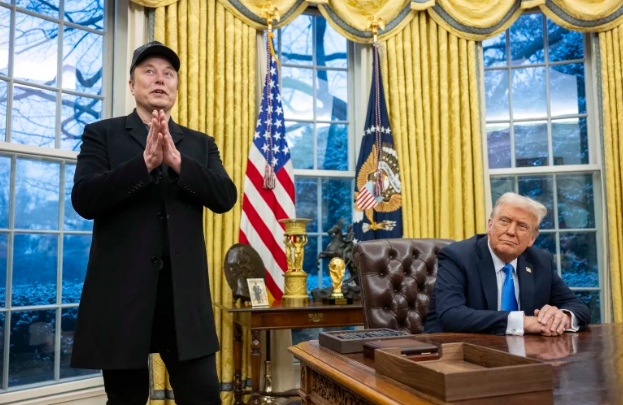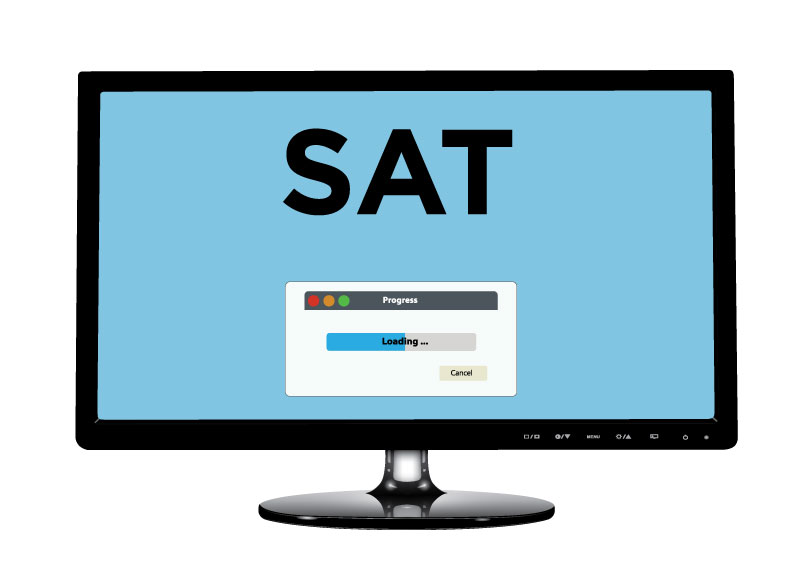Is ChatGPT the “Future of Cheating or Future of Teaching?”
April 25, 2023
Over the past few months, the website ChatGPT has gained widespread attention on various social media platforms and news outlets. It has become particularly popular among students…but several educators are worried about this new technology.
ChatGPT is an AI software developed by the startup OpenAI and was launched on November 30th, 2022. Similar to Google, you can ask this AI questions about anything! What sets it apart from all the other search engines is its capability to respond as if it was a regular conversation. Additionally, you can instruct ChatGPT to generate a passage or essay on various topics. It can even analyze, summarize, or edit a given piece of text for you.
At first, I thought that this seemed way too good to be true. Yet, I was intrigued and decided to try it out for myself. The media was right – ChatGPT delivers exactly what I want to know and it provides multiple responses if I’m not satisfied with the first. It responds rapidly and it’s currently free for anyone to use. However, given it’s a new software, there are still some issues that need to be addressed, such as occasional incorrect information and biased content. ChatGPT does warn users of these potential issues before submitting any information or commands.
As with any new technology, there has been a lot of criticism surrounding ChatGPT. Many teachers and professors have expressed concern that it makes it easier for students to copy+paste and turn in unoriginal work. For instance, Jenna Lyle, a spokesperson for NYC’s Department of Education, announced that ChatGPT is banned in New York City Public Schools due to concerns about negative impacts on student learning.
Despite these concerns, Open AI recently released a new version of ChatGPT, called ChatGPT4 which has been significantly upgraded with more creative capabilities. Some sources even confirmed that it’s smart enough to pass the bar exam and score in the top 10%. Additionally, it can now write code snippets in well-known programming languages such as Python and JavaScript. This raises the question of whether this technology should be banned from schools altogether or if it should be taught how to be properly utilized in the classroom.
I inquired with a couple of administrators from East Rockaway High School about their opinion on ChatGPT, and what they thought should be done about it. Assistant principal, Bradley Krauz, responded:
“I think the biggest and most important question is whether it maintains academic integrity to submit materials that were AI generated…ChatGPT can be a powerful resource as it provides a unique interaction for each user. However, if ChatGPT is being used solely to get answers, without consideration for their accuracy or the user’s academic integrity, it ceases to be an educational tool.”
Principal Richard Schaeffer also agrees that students need to still be responsible for submitting original work. He states that ChatGPT has “the potential to impact the way we teach and assign work.” Additionally, the question of how much longer it will remain free is worrying.
So what do you think? Should ChatGPT be banned? Have you tried ChatGPT? If not, will you be trying it? I, for sure, have! And for all you know, this whole article might have been generated by the AI itself! 😉
Link to ChatGPT: https://openai.com/blog/chatgpt
Other sources: https://www.usatoday.com/story/news/education/2023/01/30/chatgpt-going-banned-teachers-sound-alarm-new-ai-tech/11069593002/
https://help.openai.com/en/articles/6825453-chatgpt-release-notes




